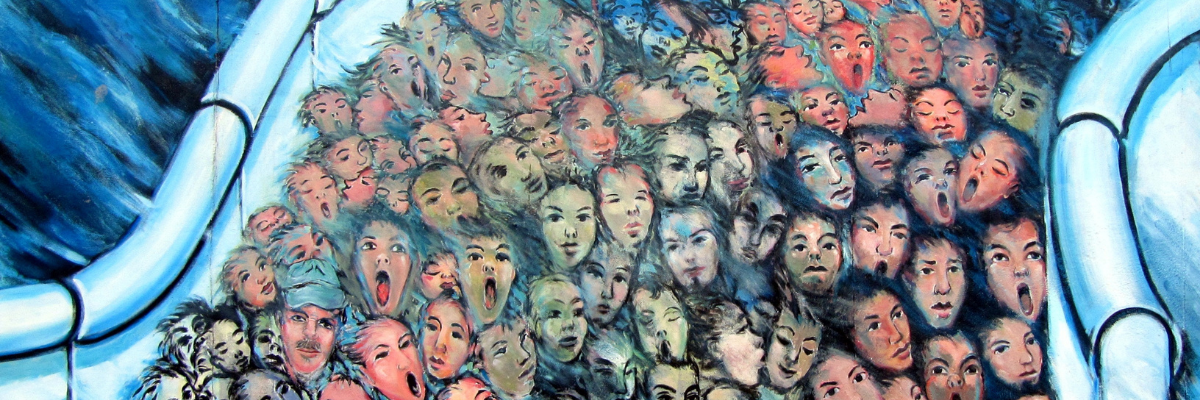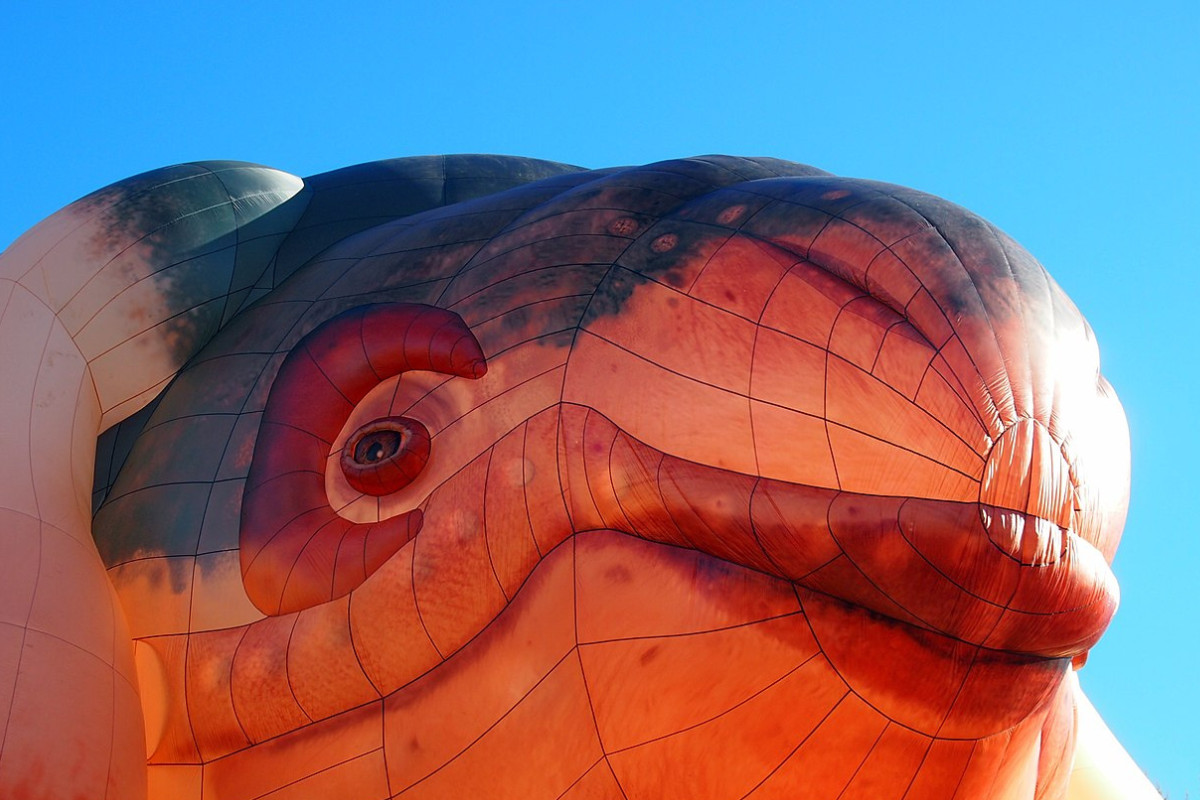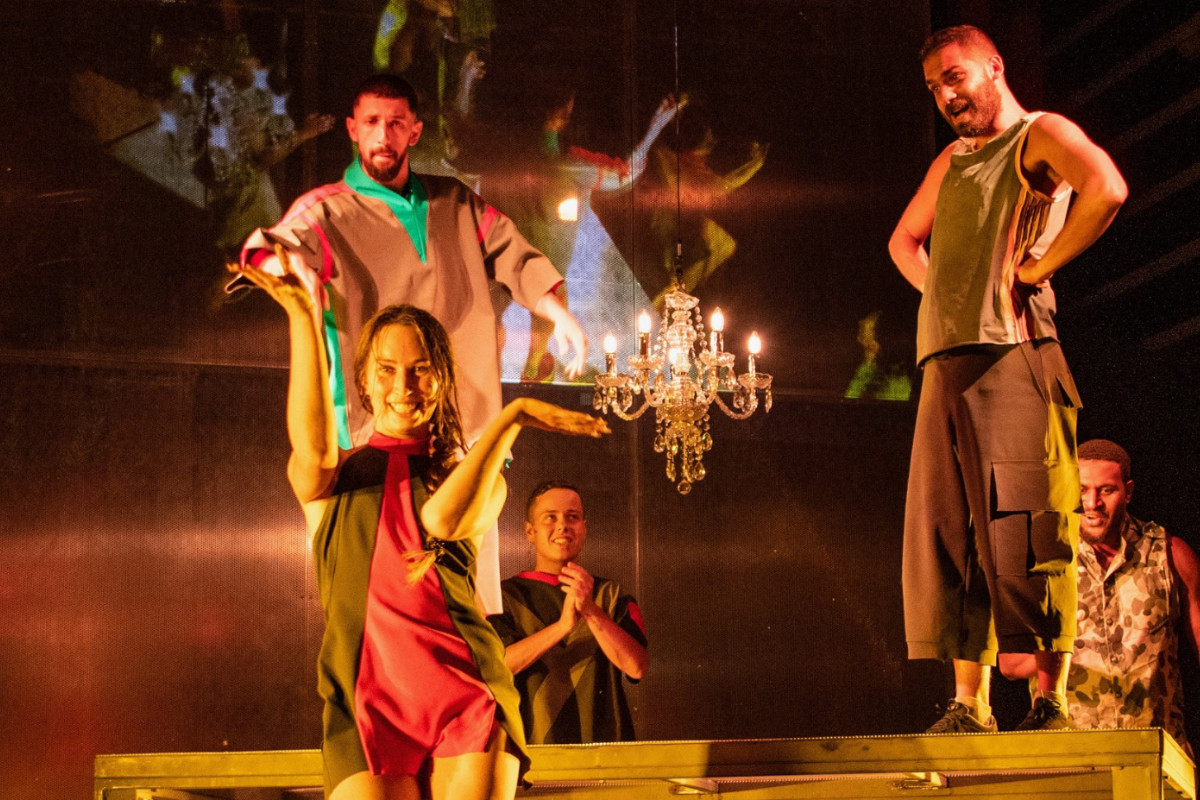
Poets, archives & secret police
Sascha Anderson was a prominent avant-garde poet in East Berlin’s underground literary scene in the early 1980s. He was also, it emerged after the fall of the Berlin Wall, a high-ranking informer for the Stasi, East Germany’s infamous secret police agency.
Revelations that communist East Germany’s literary and artistic circles were infiltrated by the likes of Anderson shocked the West following German reunification in 1990. The reputations of many formerly respected writers were tainted, often by their association with the regime or the Stasi, and their work dismissed as ideologically driven or aesthetically flawed.
Over subsequent years, however, a more nuanced, balanced view has formed, in no small part thanks to Australian scholars and writers. They have unearthed fresh evidence in the declassified Stasi archives, reassessed East German literature of the communist era and evaluated new work, much of it related to reunification and its aftermath.
Australian researchers have also identified new trends in German theatre, and in queer, testimonial and inter-generational literature.
These academics have broadened the contentious debate about the legitimacy of East German literature, and highlighted new writing as a vehicle for advocacy and for coming to terms with the past.
A landmark event & two remarkable books
A major turning point was the 1999 Sydney conference hosted by German literary scholars Gerhard Fischer and David Roberts, which brought together academics from around the globe to discuss contemporary German literature. The resulting publication, Schreiben nach der Wende [Post-Reunification Writing] (2001), provided a key impetus for further research.
Recognition of the significance of Australian research was reflected in a full-page review in the influential newspaper Frankfurter Allgemeine Zeitung in 2005 of two books on the Stasi, or Ministry for State Security: Anna Funder’s award-winning Stasiland and Alison Lewis’s Die Kunst des Verrats [The Art of Betrayal], both published in 2003.
“Independently of each other,” the reviewer wrote, “two women set out there [in Australia] to explore the east of Germany and have written two remarkable books. Their foreignness is a good prerequisite for them to also ask simple questions in the face of which locals would have long since switched off.”
While Stasiland tells of lives destroyed by the secret police and individual acts of resistance, The Art of Betrayal was the first comprehensive study of Anderson and other informers recruited among writers and artists in East Berlin’s Prenzlauer Berg neighbourhood.
Much of Lewis’s work has focused on the extensive files which the Stasi kept on their fellow citizens, on its army of informers, and on use of the declassified papers by victims and perpetrators. She has also researched literary responses to reunification, often through a gender studies lens.
Understanding German culture: past, present & future
Fellow scholar Gerhard Fischer – who co-convened the annual Sydney German Studies Symposium for ten years, resulting in ten volumes of essays – has researched contemporary writers as well as collective creativity in the German sciences, literature and arts.
Other Australian academics have investigated expatriate German writing (Peter Morgan), narratives of return to eastern homelands (Brangwen Stone), comparative post-conflict literature (Chris Andrew and Matt McGuire), and the impact of trauma and loss on literature (Tina Weller).
Denise Varney edited a book on new directions in German theatre after reunification, while Ulrike Garde and Meg Mumford published on reality theatre in which non-professional actors present their lives on stage. Andrew Wright Hurley researched the influence of pop music on contemporary literature. Katie Sutton has situated new trans and queer literature in the context of the historical science of sexology.
An article in the Frankfurter Allgemeine Zeitung earlier this year argued that East German literature remains overlooked in reunified Germany, with eastern writers and artists still marginalised. Given that continuing divide, the contribution of Australian academics to international research is as important than ever.



